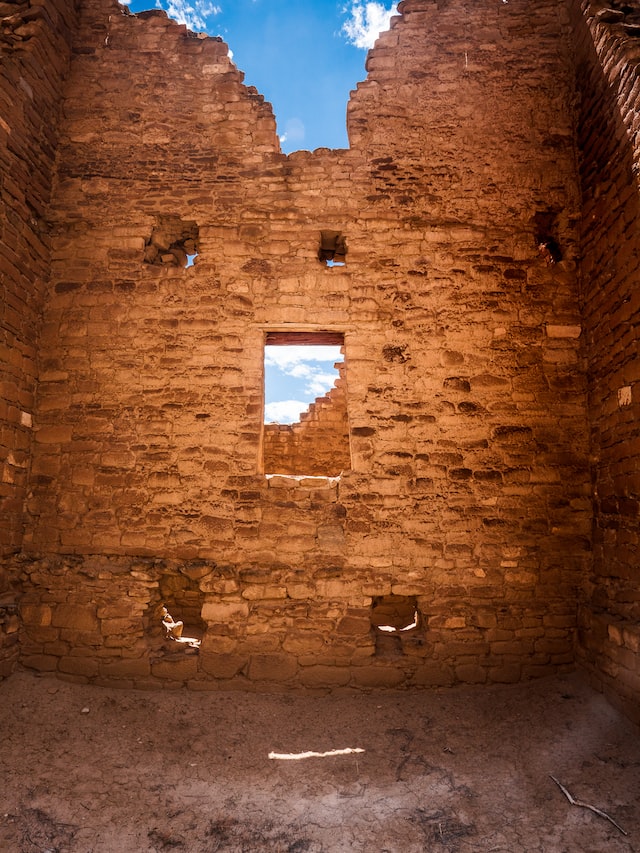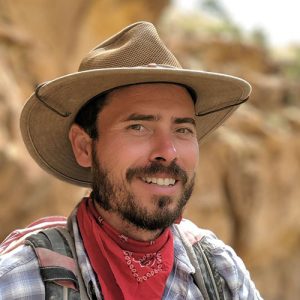
- This event has passed.
IBS Speaker Series: Kenneth Blake Vernon
March 6, 2023 @ 12:00 pm - 1:00 pm

Join in person or via Zoom, email ibs-contact@colorado.edu for the password.
*Light lunch served at 11:45, please RSVP.
Title: The Ecology of Agglomeration and the Rise of Chaco Great Houses
Abstract:
Decisions individuals make about where to live have profound consequences for everything from climate and conflict to migration, inequality, the origins of agriculture, and urban development, so it is not surprising that understanding and explaining those decisions remains an open and active area of research within archaeology. Many of the important innovations coming out of that research are owing to the application of an optimality model from Behavioral Ecology known as the Ideal Free Distribution. Crucial to this model is the notion of negative density-dependence, or the idea that the quality of a habitat declines as a function of increasing population size, which is assumed to lead to increasing competition for limited resources. However, the model has in recent years also become a tool for investigating possible positive density-dependent effects, otherwise known as Allee or agglomeration effects. Here, we seek to explore such effects by applying the model to the distribution of Chaco great houses and neighboring residential sites in the North American Southwest, using data and analytical tools provided by the cyberSWproject. One potential challenge we hope to address with this analysis is the difficulty of disentangling environmental from socioeconomic agglomerations.

Bio:
Kenneth Blake Vernon received his Ph.D. in Anthropology at the University of Utah. He is now a postdoctoral research associate in the Environment and Society Program and in the Center for Collaborative Synthesis in Archaeology at CU’s Institute of Behavioral Science. His research focuses on the social and environmental drivers of variation in human behavior, as recommended by the evolutionary science of behavioral ecology. He especially focuses on how individuals choose to navigate the difficult challenges posed by conflict and climate change and how those choices reverberate through their communities and their local ecology.
Vernon’s work explores past variation in human behavior, especially in marginal environments like the arid American West, using various geographic and spatial modeling techniques. He also devotes considerable time and energy to organizing data collected on public lands and making it more accessible for research and preservation, being passionate about using data science for education.
